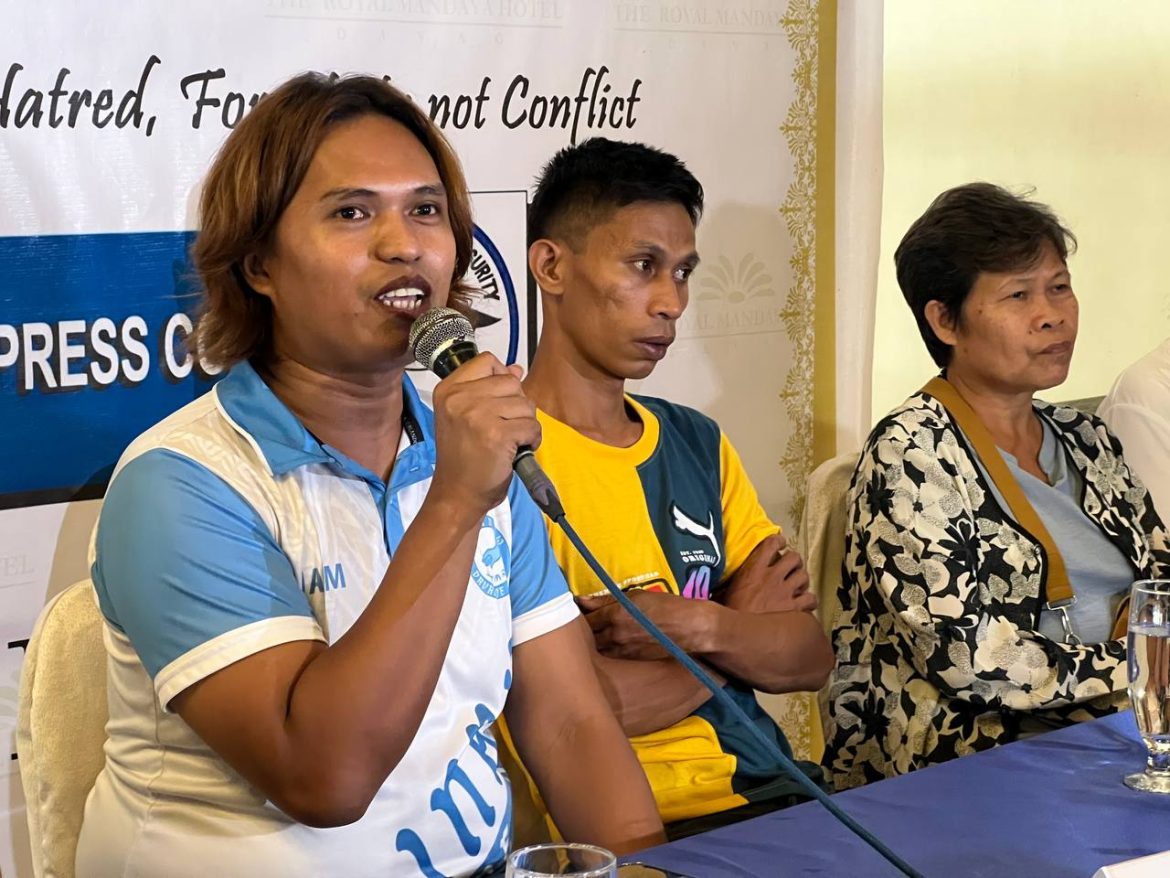WHILE THE Southern Mindanao Regional Committee (SMRC) of the Communist Party of the Philippines-New People’s Army (CPP-NPA) has been dismantled in the Davao Region, sustaining this hard-won peace remains a significant challenge.
This assessment was made by Jam Saguino, a former rebel leader and now an adviser to Kalinaw Davao de Oro, on Wednesday, July 2, 2025.
Saguino emphasized that the “total collapse or downfall” of the SMRC, including its armed components, which once boasted 9 to 10 guerrilla fronts mostly in Davao de Oro, was a direct result of “tireless efforts” by various stakeholders, including security sectors like the AFP and PNP, and former rebels themselves.
“The absence and collapse of the SMRC has had a huge impact, especially on the communities,” Saguino noted, highlighting the positive change brought about by the dismantling of the region’s largest armed group.
However, she cautioned that the subsequent phase presents a more arduous task.
“The effort and challenge now are more demanding because sustaining peace is more difficult than dismantling. Sustaining it is more challenging to maintain the insurgency-free status of our region,” she explained.
Preventing recruitment and addressing root causes
Kalinaw Davao de Oro plays a proactive role in preventing white area recruitment and addressing the root causes of armed conflict.
Saguino detailed their extensive groundwork. “We do grassroots work almost every day. We conduct dialogues with former supporters in sitios and communities in Davao de Oro, including different schools from senior high school to colleges in Davao de Oro, to keep the public informed about the government’s efforts,” she explained.
She believes that “mistrust in the government starts if the government does not attend to concerns and issues.”
“To bridge this gap, Kalinaw Davao de Oro serves as a “third platform,” organizing provincial assemblies to address issues and concerns raised by rebel returnees, mass supporters, and communities, identifying what needs immediate attention,” she said
“In our view, we want the government to intervene in these problems because, at the end of the day, if the government addresses or gives attention to the issues of the people, it will prevent propaganda in the community,” Saguino urged. They actively collect issues and concerns, tabling them with the provincial council, AFP, and PNP to sustain peace and development.
Saguino confirmed that for the past three years, Davao de Oro has maintained its insurgency-free status, with no monitored recruitment activities in former white area strongholds like Pantukan, Mabini, Tagum, and Nabunturan.
She cited an example during last year’s Masara landslide, where groups posing as foundations conducted relief operations.
Kalinaw Davao de Oro followed up with information dissemination to educate locals on how “CPP exploits issues in communities,” making them more informed and vigilant.
She also recalled how, during the last elections, a “Makabayan bloc,” particularly the ACT Teachers party-list, attempted to enter Compostela but “were welcomed by the people with a protest.”
“This indicates that they are not welcome in the province of Davao de Oro; the armed group, even the white area, is not welcome,” Saguino asserted.
Long-term plans
Looking ahead, Saguino expressed that Kalinaw Davao de Oro is “very ambitious but hopeful.” As former rebels and mass supporters themselves, they were recruited into the movement “due to our aspirations for changing policies or prioritizing social welfare,” implying their continued commitment to these goals through peaceful means.
Photo courtesy of Rhoda Grace B Saron



